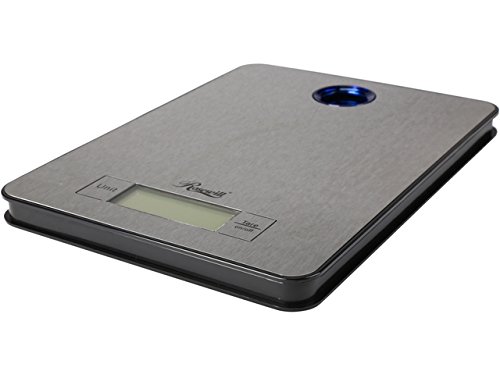In today's rapidly advancing technological world, the use of electronic devices has become an integral part of our lives. Consequently, the question of whether electronic dictionaries will replace traditional print dictionaries is often raised. Both have their own advantages and disadvantages, and the answer to this question depends on various factors.
Firstly, let us consider the advantages of electronic dictionaries. One of the most significant advantages is their convenience. Electronic dictionaries are lightweight and can be easily carried around in our pockets or bags. They provide instant access to a wide range of words and phrases, with just a click or tap. Moreover, they often come with additional features such as voice pronunciation, synonyms, and grammar explanations, making them more comprehensive than traditional dictionaries.
Secondly, electronic dictionaries are constantly updated with new words and phrases, ensuring that users have access to the latest vocabulary. This is particularly important in rapidly evolving languages like English. Furthermore, many electronic dictionaries come with search capabilities, allowing users to quickly find the meanings of words. Some even have built-in translation features, making them useful for language learners.
However, despite the many advantages of electronic dictionaries, there are still some reasons why traditional print dictionaries may be preferred. Firstly, print dictionaries provide a sense of ownership and possession. Many people feel comfortable holding a physical book in their hands, flipping through pages, and making notes in the margins. The tactile experience of reading and referencing a print dictionary cannot be replaced by an electronic device.
Secondly, print dictionaries are often more reliable and less susceptible to technical issues. While electronic dictionaries may have occasional glitches or failures, print dictionaries provide a reliable source of information that can be accessed without any technical issues.
Moreover, for some people, the act of looking up words in a dictionary is a learning experience in itself. It involves cognitive processing and memory retention that may be different from searching for information on an electronic device. Some studies suggest that reading from print media may be more effective for long-term memory retention than reading from screens.
In addition, electronic dictionaries may not be suitable for all contexts. In some situations, such as exams or libraries, the use of electronic devices may be restricted or impractical. In such cases, traditional print dictionaries remain the preferred choice.
In conclusion, it is unlikely that electronic dictionaries will completely replace traditional print dictionaries in the foreseeable future. Both have their own advantages and disadvantages, and people may prefer one or the other depending on their needs and preferences. The evolution of technology will continue to bring changes to the way we access information, but traditional print dictionaries will continue to have their own unique value and importance. (Total words: 895)




 京公网安备11000000000001号
京公网安备11000000000001号 京ICP备11000001号
京ICP备11000001号
还没有评论,来说两句吧...